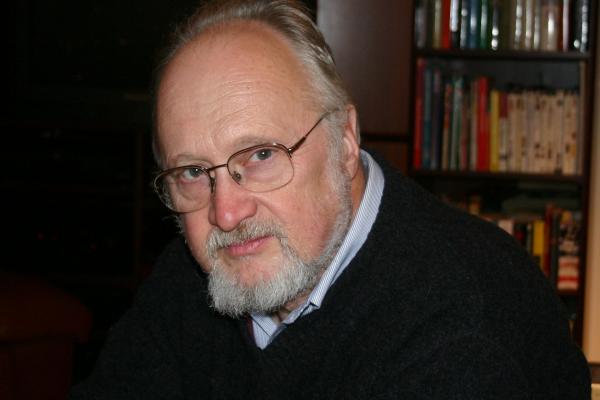
Title: Persistence for topological closed one form
Speaker: Dan Burghelea (Ohio State University)
Abstract: The concept of topological closed one form on a compact nice space (ANR) generalizes the concept of smooth closed one form on a smooth manifold and of one co-cycle on a simplicial complex.
For such form, under mild hypothesis of tameness, one extends the concept of “closed , open, closed-open and open-closed bar codes, familiar in the Zig-Zag persistence, providing new computable invariants from which one can recover up to isomorphism the Morse-Novikov complex in classical Morse-Novikov theory and for which one can prove strong stability properties and refined Poincaré duality properties.
These bar codes are actually real numbers. They correspond to the sign length of the bar codes in case of real-valued or angle-valued maps previously defined. They are in principle computable but proposing reasonable algorithms remains a computational challenge. The topology behind the theory is conceptually elementary but tedious.
The theory is part of our work on a “computer friendly alternative to Morse-Novikov theory”.
Seminar URL: https://tgda.osu.edu/activities/tdga-seminar/
